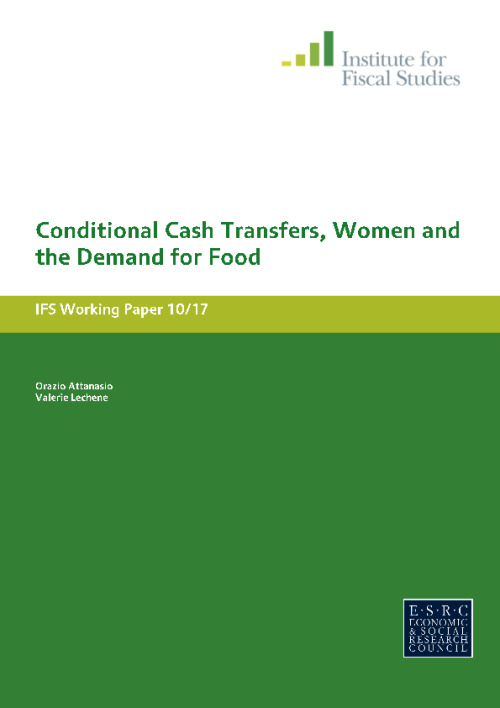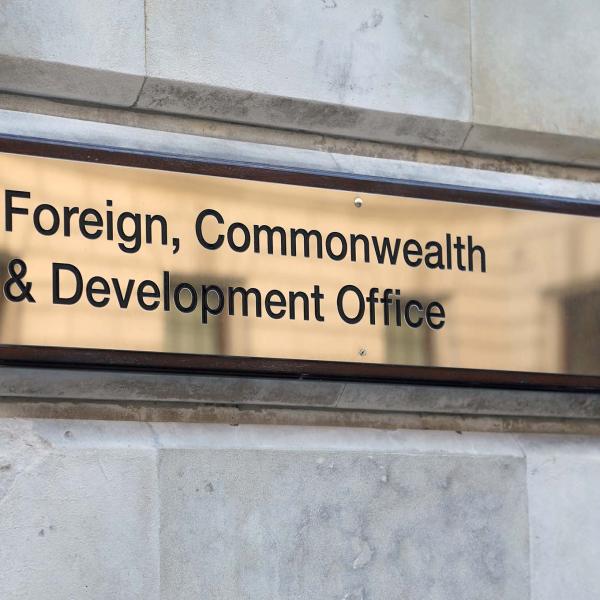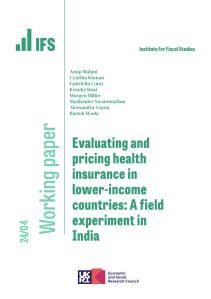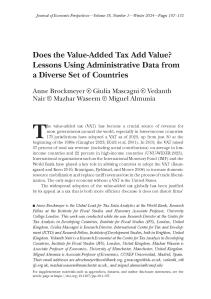We examine the effect of large cash transfers on the consumption of food by poor households in rural Mexico. The transfers represent 20% of household income on average, and yet, the budget share of food is unchanged following receipt of this money. This is an important puzzle to solve, particularly so in the context of a social welfare programme designed in part to improve nutrition of individuals in the poorest households. We estimate an Engel curve for food. We rule out price increases, changes in the quality of food consumed and homotheticity of preferences as explanations for this puzzle. We also show that food is a necessity, with a strong negative effect of income on the food budget share. The decrease in food budget share caused by the large increase in income is cancelled by some other relevant aspect of the programme so that the net effect is nil. We argue that the program has not changed preferences and that there is no labelling of money. We propose that the key to the puzzle resides in the fact that the transfer is put in the hands of women and that the change in control over household resources is what leads to the observed changes in behaviour.











